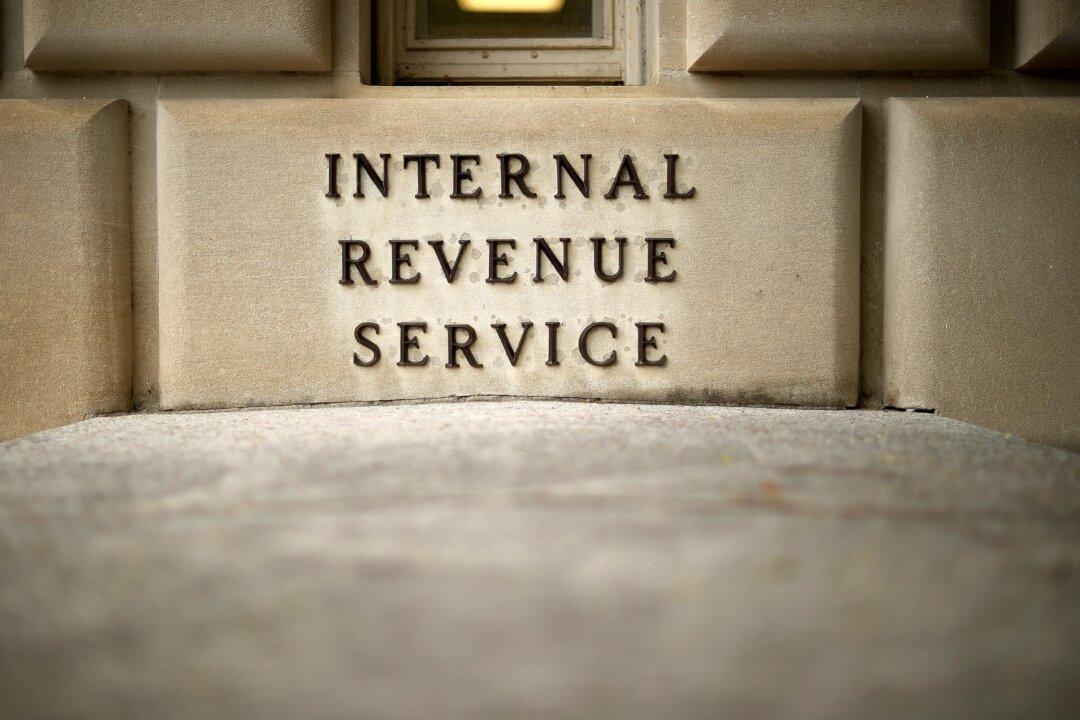The IRS has been accused by three Georgia businesses of backdating proposed penalty approvals for improperly claimed tax breaks on conservation deals, court filings show.
Petitions filed last week in the U.S. Tax Court by the three businesses—Arden Row Assets, LLC, Basswood Partners, LLC, and Delwood Partners, LLC—allege that an IRS supervisor intentionally and improperly backdated approvals for millions of dollars in penalties associated with so-called conservation easements.





